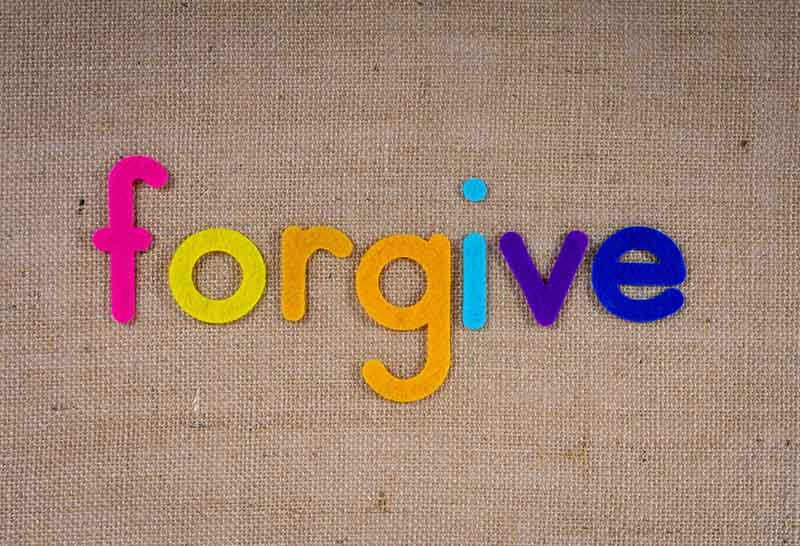The Art of Forgiveness

The Art of Forgiveness: A Path to Healing and Emotional Freedom.
Forgiveness is a powerful and transforming ability in the complex web of human interactions. Being able to forgive takes patience, sensitivity, and a deep understanding of oneself and others. It’s not just an act. It’s an art. This article delves into the depths of the practice of forgiveness, illuminating its importance, the emotional healing it facilitates, and doable actions to develop this priceless ability.
Comprehending Pardon:
Fundamentally, forgiving is making the conscious choice to let go of grudges and the need for vengeance. It releases the forgiver from the bonds of resentment and hatred rather than lessening the seriousness of the transgression. The first step in mastering this complex discipline is realizing that forgiving is for one’s own emotional release.
The Strength of Empathy:
Compassion is essential to the practice of forgiveness. To be able to forgive someone is to recognize their humanity and accept that everyone makes errors. Understanding the reasons behind acts is made possible by compassion, which also helps people feel connected even when they are experiencing pain.
Healing Injuries:
It is incredibly restorative to forgive. It acts as a salve for psychological injuries, progressively relieving discomfort and assisting in the return of inner tranquility. Through accepting forgiveness, people take the first step toward mental health and release themselves from the never-ending bonds of resentment.
Letting Go for Individual Development:
Personal development is entwined with the skill of forgiving. Letting go of grudges enables people to focus their energies on bettering themselves rather than rehashing old issues. Through this transforming process, one can move from victimization to empowerment and become a more resilient, stronger self.

Handling Complexity:
Forgiveness is a complicated and multifaceted notion that does not apply to everyone. Realizing that every circumstance is different is essential to comprehending the complexities of forgiveness. While it’s true that some sins are easier to forgive than others, the skill is in negotiating this complexity while remaining committed to emotional release.
Developing Empathy
The foundation of forgiveness is empathy. People can comprehend the circumstances that lead to the transgression more fully if they put themselves in the wrongdoer’s shoes. Empathy building creates a sense of shared humanity by bridging the gap between hurt and healing.
Release or Reconciliation:
Reconciliation is not always required in order to be forgiven. Forgiveness is a personal act of release in certain circumstances, but in others, it might result in rekindled relationships. Rebuilding connections or letting them go completely is a personal decision based on the situation and the willingness of both parties.
Getting Past Resistance:
Forgiveness resistance is a common obstacle. It frequently results from the false belief that pardoning an act of transgression excuses it. In order to overcome this reluctance, one must reframe forgiveness as a self-gift rather than as acceptance of the transgressor’s behavior. Overcoming such opposition requires an understanding of the power of forgiveness as an individual decision.
Realistic Measures to Attain Forgiveness:
The process of forgiveness takes time to complete. Setting limits, expressing and acknowledging feelings, and asking for help when necessary are all practical measures. Forgiveness can also be gradually developed by self-reflection and understanding the motivations behind the violation.
The Effect of Ripples.
Forgiveness has an effect that goes beyond the individual. A shared commitment to forgiveness can be advantageous for families, communities, and societies as a whole. People that embrace this art add to a chain reaction of empathy, understanding, and societal reconciliation.
In summary:
Forgiveness is a masterpiece on the complex canvas of life; it’s a monument to compassion, resiliency, and the human spirit. The practice of forgiveness is a lifelong path toward emotional health and release rather than a destination. Let us use forgiveness as a brilliant painter on our life’s canvas as we negotiate the complexity of relationships, weaving a tapestry of comprehension, empathy, and deep inner peace.




